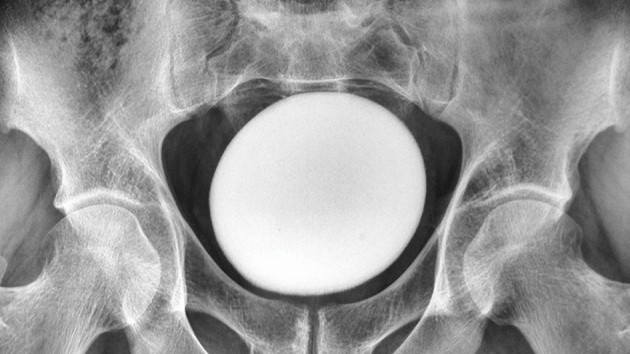Coordinated Care Reduces Depression for Heart Disease Patients
For those who have both heart disease and depression, coordinating the treatments for the two conditions reduces depression and anxiety better than treating them separately, according to a new study.
Patients in the study who used a care manager to coordinate depression evaluation and treatment among themselves, their primary medical physician and a psychiatrist were about twice as likely to have their depression symptoms cut in half as those who were simply referred for depression treatment.
"Patients with heart disease who have depression are more likely to be rehospitalized, have poorer quality of life, and are more likely to die from their heart disease than are people without depression," said the study's lead author, Dr. Jeff Huffman, an assistant professor of psychiatry at Harvard Medical School. "If an efficient program like this one can be used to identify, treat and monitor depression in heart disease patients, this might lead to lower rates of rehospitalization or death in these patients, though this remains to be proven."
Depression and heart disease
Up to 15 percent of patients with cardiovascular disease experience depression, according to the Cleveland Clinic. Antidepressant medications and psychotherapy have been found to work in these patients, but first the depression has to be detected. Recognition of depression in heart disease patients and treatment of it remain very low, the researchers said.
The coordination of treatments, known as a collaborative care program, has been implemented outside of hospitals for heart disease patients, but it has never been done in a hospital setting or for patients who have a wide range of heart troubles, the researchers said.
For the study, researchers randomly assigned 175 heart patients with depression to receive either "usual care" or collaborative care. Most of the patients were white, and about half were women.
Get the world’s most fascinating discoveries delivered straight to your inbox.
Patients who received usual care were referred to a specialist to treat their depression. Those in the collaborative care group were educated about depression and its impact on cardiac disease, had pleasurable leisure activities scheduled for them after their discharge from the hospital, received detailed information about treatment options, including medicines and counseling, and had follow-up appointments coordinated for the time after their discharge.
Further, for those in the collaborative care group, the care coordinator consulted with a psychiatrist, who developed individualized depression treatment recommendations.
Impact of coordinated care
Six weeks after leaving the hospital, 59.7 percent of patients in the collaborative care group said their depression symptoms had been cut by half or more. Of those receiving usual care, 33.7 percent reported this.
The collaborative care program ended after 12 weeks, and then the effect began to decrease. Six months later, there was no difference between collaborative care patients and usual care patients in terms of their depression symptoms, the study said.
Still, collaborative care patients experienced significantly fewer and less severe cardiac symptoms after six months, and were more likely to be engaged in healthy activities such as diet and exercise, than those from the usual care group.
"These improvements are relevant medical outcomes in themselves and suggest this type of program may have broad effects on overall health," Huffman said.
The study is a first step toward hospital-initiated collaborative care, Huffman said.
"While improved mental health is a start, a program may require more intensity to see improved medical outcomes, and larger studies will be needed to see results in a more diverse patient population," he said.
The study is published online today (March 8) in the journal Circulation: Cardiovascular Quality and Outcomes.
Pass it on: Heart disease patients can benefit from coordinated care for their depression.Beyond Vegetables and Exercise: 5 Surprising Ways to Be Heart Healthy
- Beyond Vegetables and Exercise: 5 Surprising Ways to Be Heart Healthy
- 6 Foods That Are Good for Your Brain
- Heart Disease Can Be a Serious, Silent Problem in Young Women
Follow MyHealthNewsDaily staff writer Rachael Rettner on Twitter @RachaelRettner.



